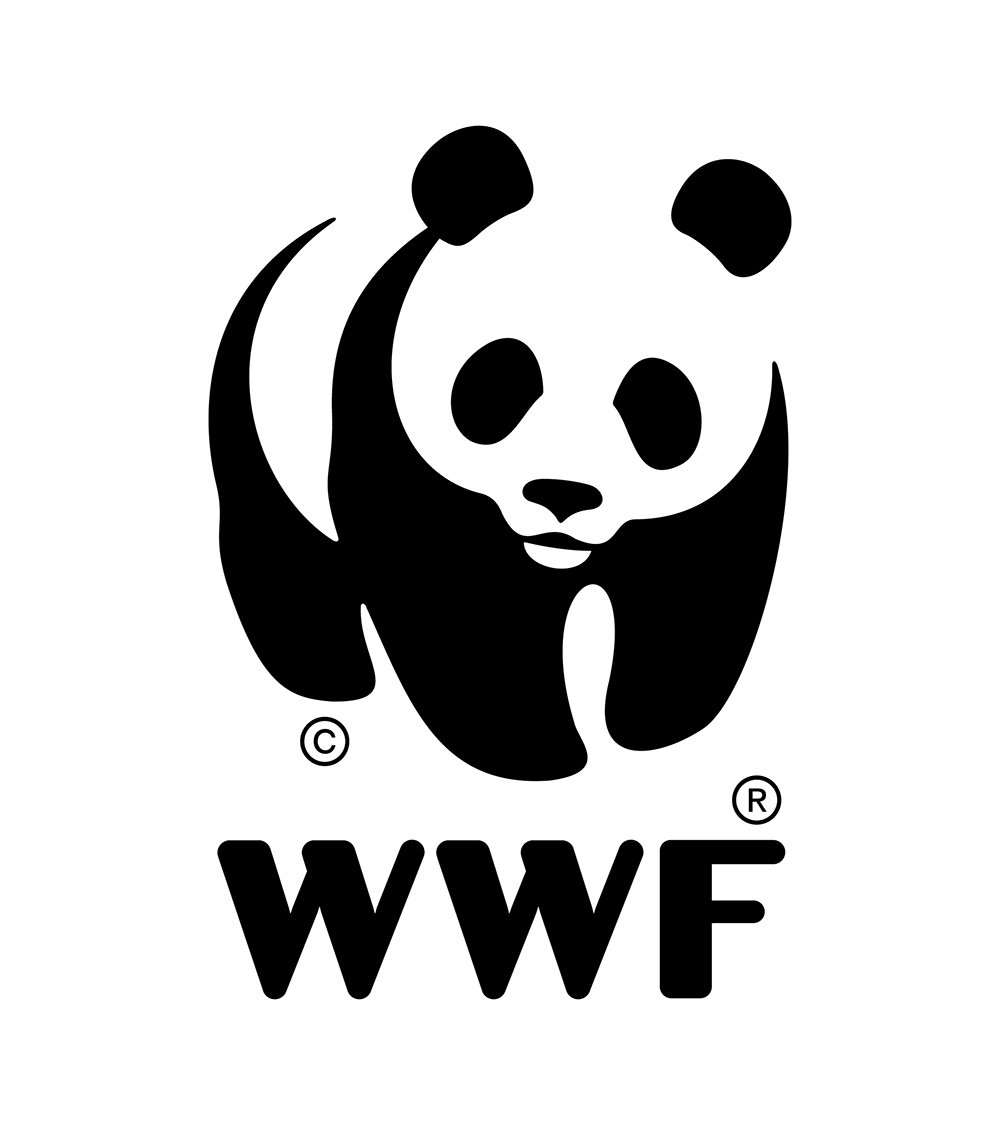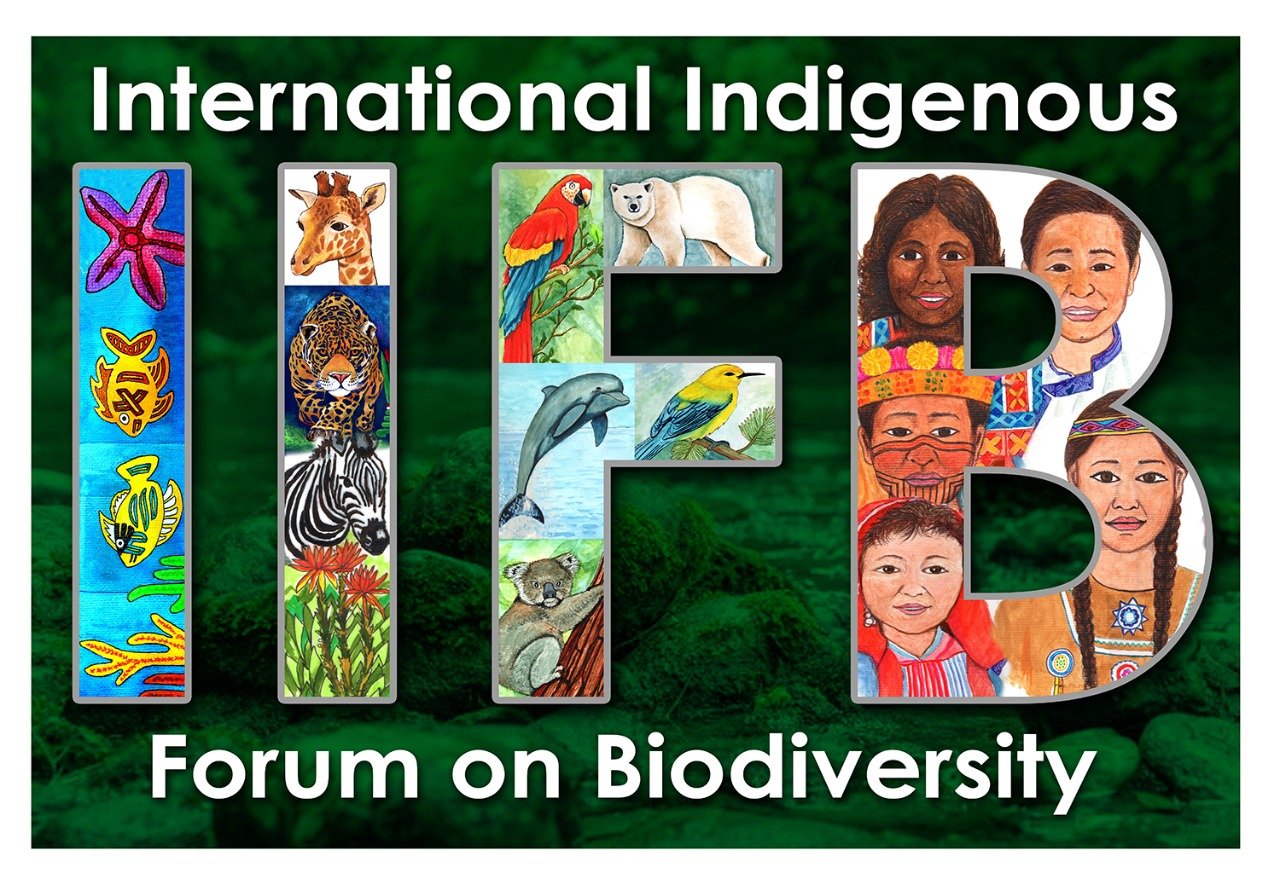Media Statement
Wealthiest Governments Must Prioritise The Biodiversity Crisis and Deliver On Commitments Made At COP15
May 20, 2023
On the eve of World Biodiversity Day, we, the undersigned, are calling on the wealthiest nations to prioritise urgent action to protect and restore biodiversity and just transition their economies to be nature positive.
We are encouraged that the G7 leader’s statement reaffirmed a commitment to the landmark Kunming-Montreal Global Biodiversity Framework and pledged to meet its goals and targets. The statement also reiterated G7 nations’ “commitment to substantially increase our national and international funding for nature by 2025”. This is a welcome recognition of the importance of rapidly mobilizing finance for nature.
We note that the statement has fallen short in not explicitly reaffirming Parties to the Convention on Biological Diversity’s specific recognition of the rights and contributions of Indigenous peoples and local communities, or numeric financial targets, including the financial commitment of $20B in international biodiversity finance from developed to developing countries by 2025. The climate section of the leader’s statement noted the numerical target of $100 bn for international climate finance. Biodiversity requires the same level of specificity for transparency and accountability.
The Kunming-Montreal Global Biodiversity Framework to halt and reverse biodiversity loss by 2030, agreed upon in December at COP15, included commitments to halt species extinctions, protect at least 30 percent of the planet's land and water by 2030 - recognizing Indigenous and traditional territories, significantly reduce the footprint of consumption, and address climate change. To deliver on these, governments agreed to a number of ambitious financial targets including:
a) Developed countries providing US $20 billion in international finance to developing nations by 2025, and US $30 billion by 2030;
b) Increasing the level of financial resources from all sources by 2030, mobilising at least US $200 billion per year;
c) Identifying by 2025 and eliminating, phasing out, or reforming subsidies harmful to nature by US $500 billion per year by 2030;
d) Mainstreaming biodiversity across sectors and aligning financial flows with the Kunming-Montreal Global Biodiversity Framework and the 2050 Vision for Biodiversity;
e) Enhancing the role of collective actions by Indigenous Peoples and local communities;
f) And supporting the establishment and allocation of funds towards the Global Biodiversity Framework Fund.
Achieving the $20 billion target by 2025, including through establishing and funding the Global Biodiversity Framework Fund in 2023, are the first tests for materialising new finance from developed governments. Delivering these and the other financial targets is critical to halting biodiversity loss; safeguarding our clean air, water, and food security; contributing to climate mitigation; reducing the likelihood of future pandemics; and supporting sustainable and equitable development for all communities.
This is not a case of charity; this is an investment in our collective future. As such, we are calling on the governments of the wealthiest nations to maintain the momentum created by the Kunming-Montreal agreement by actioning the following:
Outline a clear plan, with specific milestones, for delivering on their commitment to provide $20 billion in nature financing by 2025 by the end of this year.
Establish and implement a detailed road map to deliver significantly more finance directly to Indigenous Peoples and local communities, recognizing that currently less than 1% of nature finance goes to Indigenous Peoples and local communities while they serve as custodians of roughly 80% of the world’s biodiversity.
Ensure nature finance features prominently on the agendas of key global events including The Summit for a New Global Financial Pact, The G20, the UN General Assembly, COP28, and the Annual World Bank Group and IMF Meetings in Marrakech.
Drive ambition for nature on a par with climate and development in the proposals for the restructuring of the global financial system proposals.
The biodiversity crisis remains an urgent threat to the health and well-being of people and the planet and requires immediate action. We, the undersigned, stand ready to support the implementation of this vital work and implore the wealthiest governments to take the lead and meet their promises made at COP15 - we simply cannot afford to fail.
Signed By:
Upon release of this statement Brian O’Donnell, Director of the Campaign for Nature, said:
‘It is encouraging to see G7 leaders reiterate their strong commitment to protecting at least 30% of the planet by 2030 and emphasize the need to significantly increase domestic and international financing for nature.
However, while the leaders clearly noted the specific $100 billion international finance target for climate change, they failed to mention the corresponding specific target for nature: a commitment made at COP15 from the developed countries to deliver at least $20 billion annually to developing countries by 2025. Successfully implementing the biodiversity agreement hinges on whether developed countries follow through on their specific financing commitments.
Moving forward, G7 leaders must develop a clear roadmap for how the $20 billion international finance commitment will be mobilized within the next two years.’
###
Media CONTACT:
Katy Roxburgh - katy@campaignfornature.com







